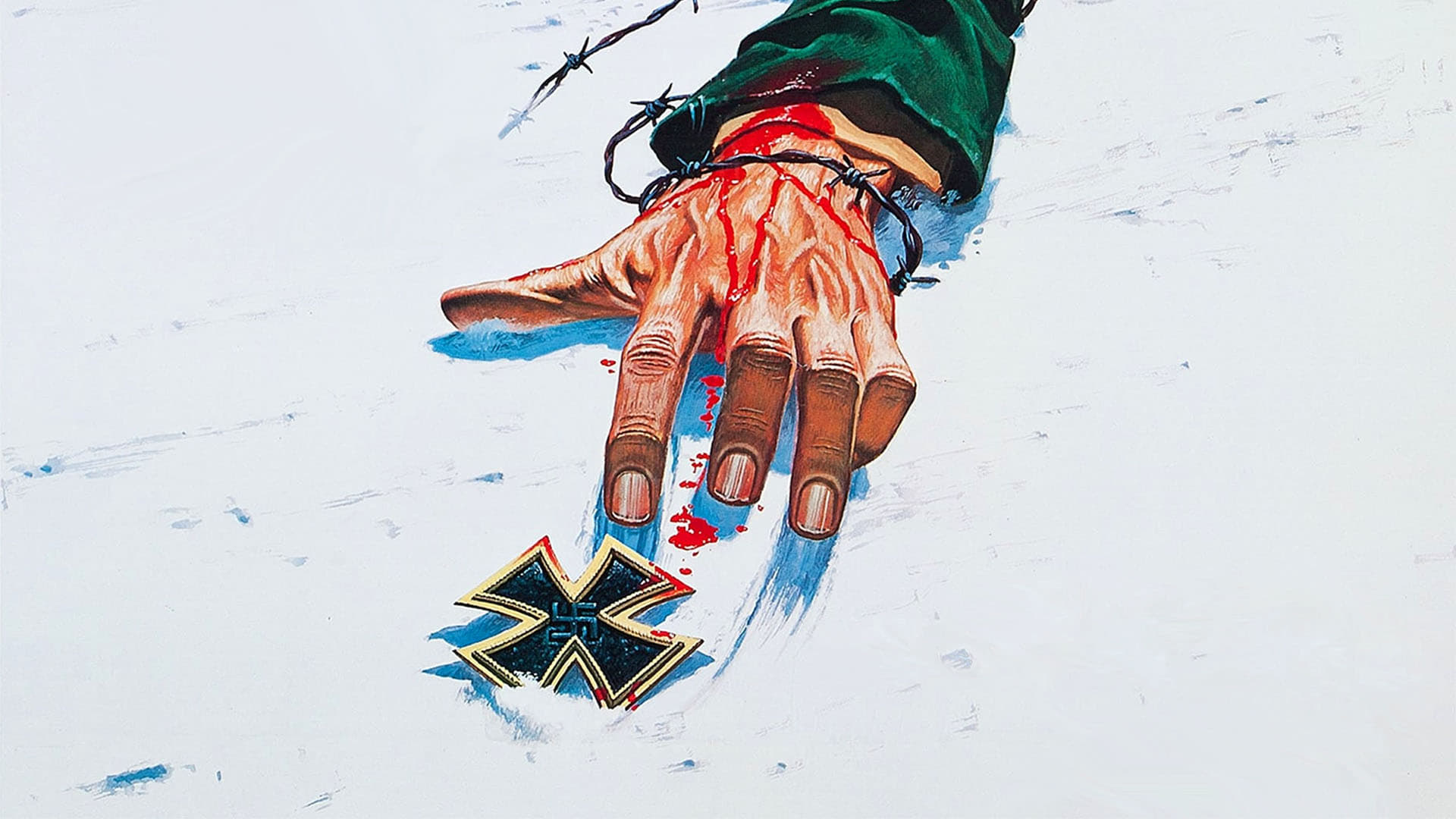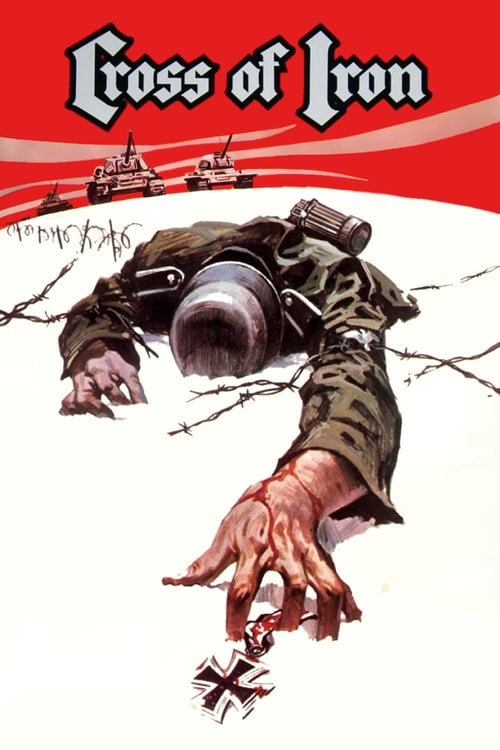Summary
It is 1943, and the German army—ravaged and demoralised—is hastily retreating from the Russian front. In the midst of the madness, conflict brews between the aristocratic yet ultimately pusillanimous Captain Stransky and the courageous Corporal Steiner. Stransky is the only man who believes that the Third Reich is still vastly superior to the Russian army. However, within his pompous persona lies a quivering coward who longs for the Iron Cross so that he can return to Berlin a hero. Steiner, on the other hand is cynical, defiantly non-conformist and more concerned with the safety of his own men rather than the horde of military decorations offered to him by his superiors.
Cast
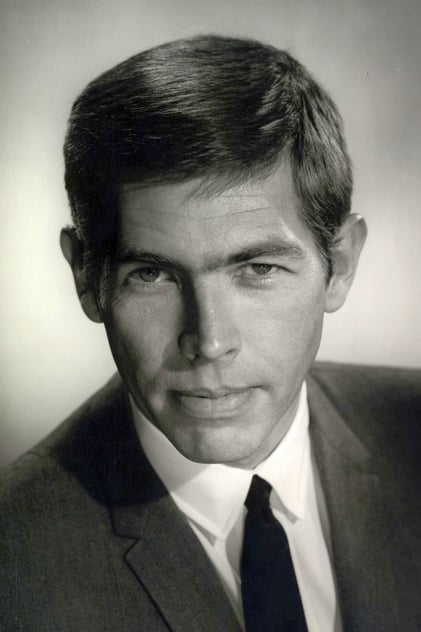
James Coburn
Unteroffizier / Feldwebel Rolf Steiner
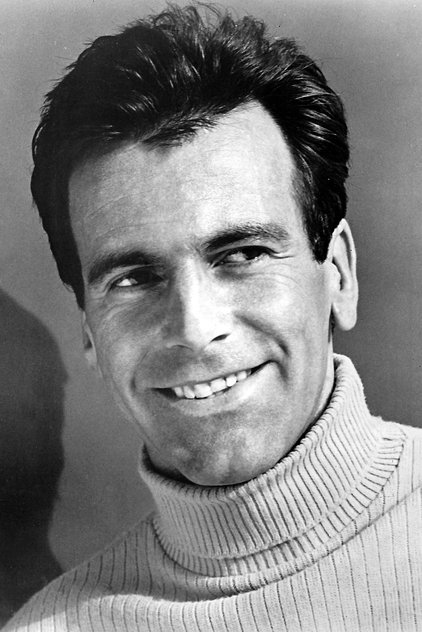
Maximilian Schell
Hauptmann Stransky
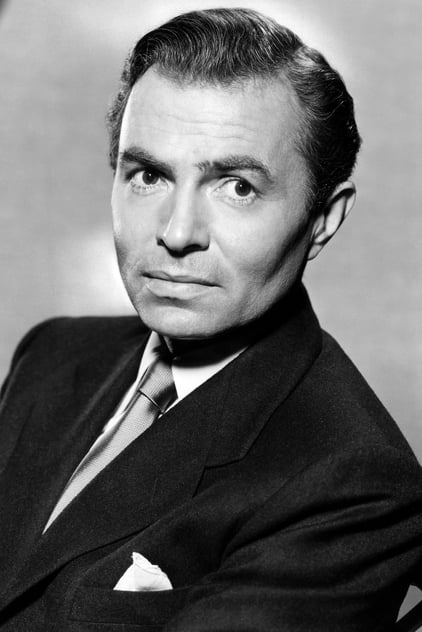
James Mason
Oberst Brandt
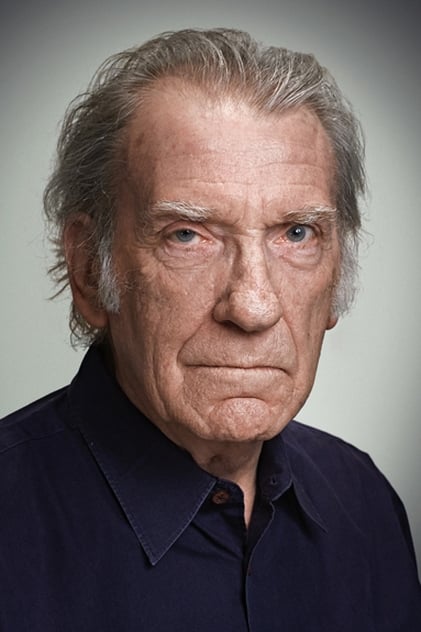
David Warner
Hauptmann Kiesel
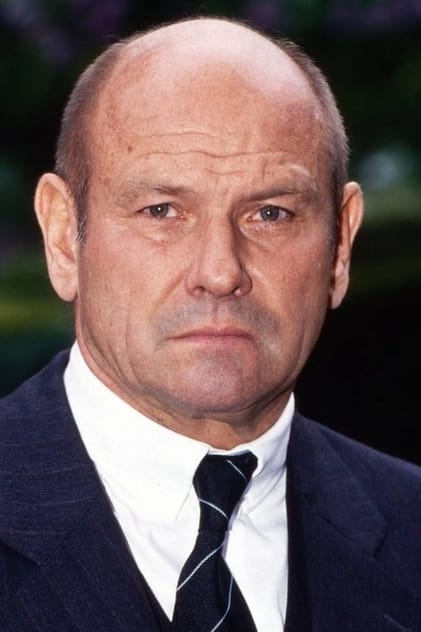
Klaus Löwitsch
Unteroffizier Krüger
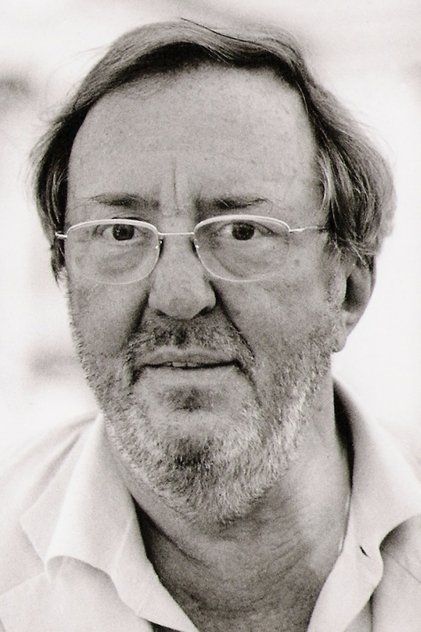
Vadim Glowna
Gefreiter Kern
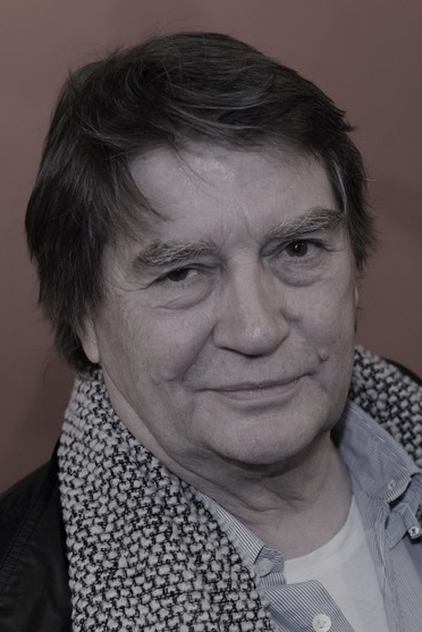
Roger Fritz
Leutnant Treibig
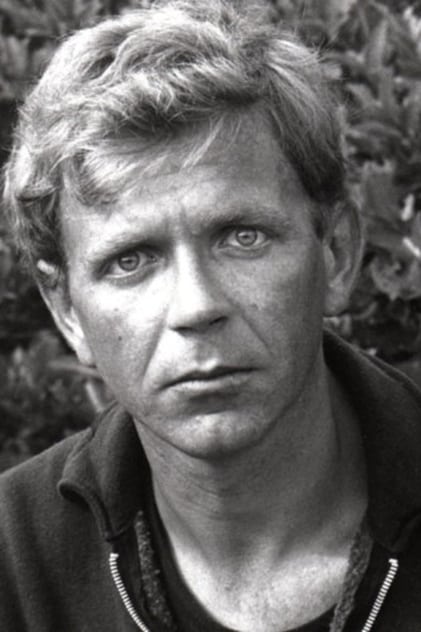
Dieter Schidor
Anselm
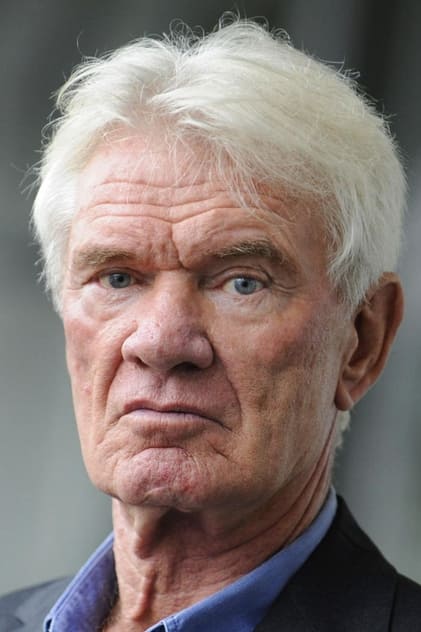
Burkhard Driest
Schütze Maag
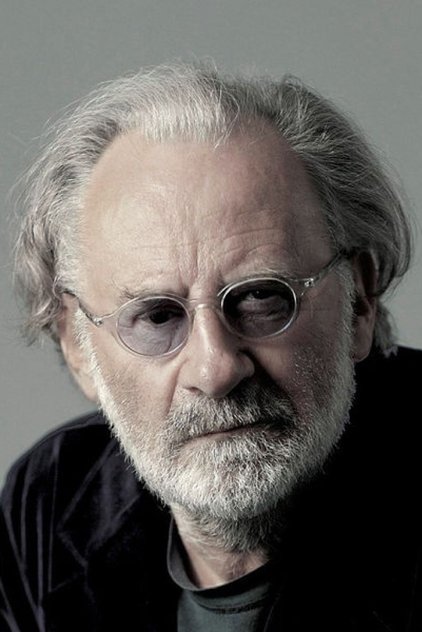
Fred Stillkrauth
Unteroffizier Schnurrbart
Michael Nowka
Dietz
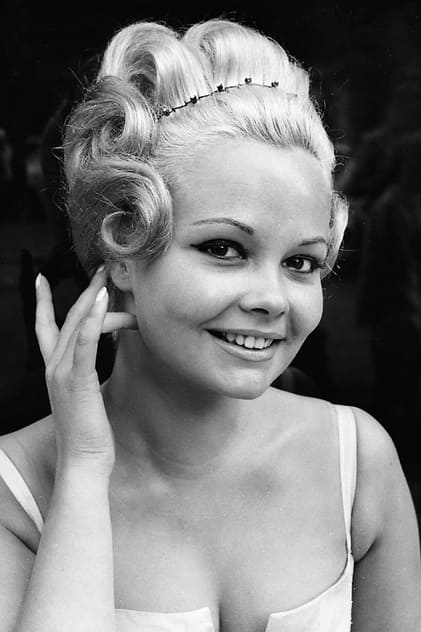
Véronique Vendell
Marga

Arthur Brauss
Zoll
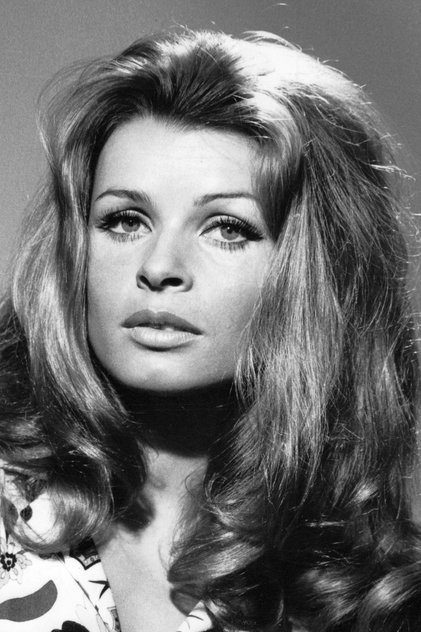
Senta Berger
Eva
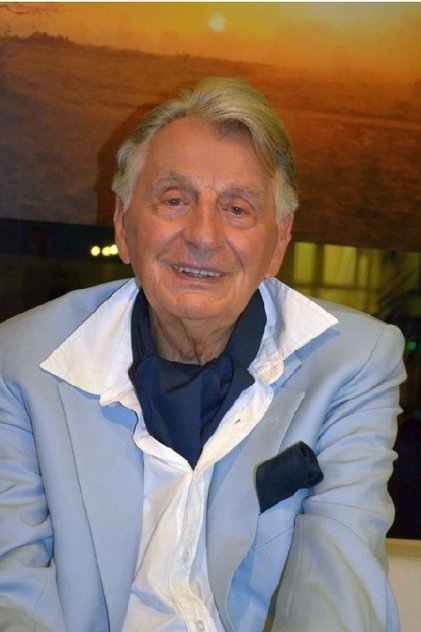
Demeter Bitenc
Hauptmann Pucher (uncredited)
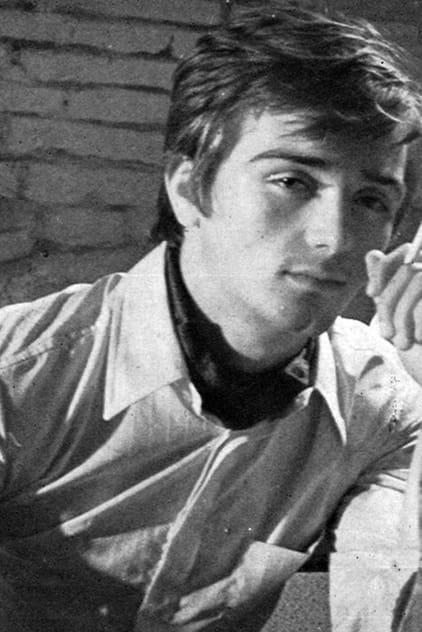
Igor Galo
Leutnant Meyer (uncredited)
Katherine Haber
Nurse Sadie Finkelstein (uncredited)
Wolf C. Hartwig
Hartwig (uncredited)
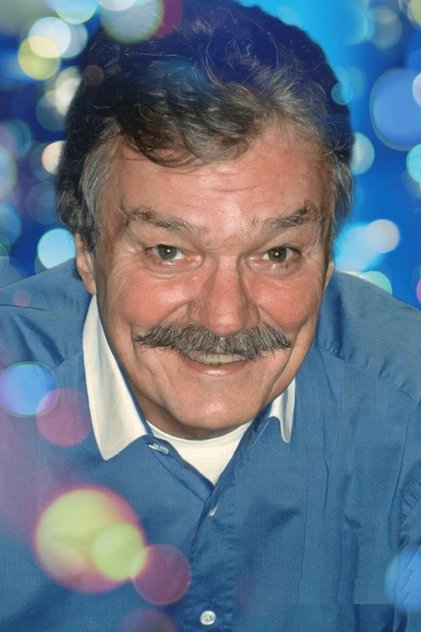
Wolfgang Hess
Schütze Maag (voice) (uncredited)
Sweeney MacArthur
Boy Soldier (uncredited)

Irfan Mensur
Partizan Soldier (uncredited)
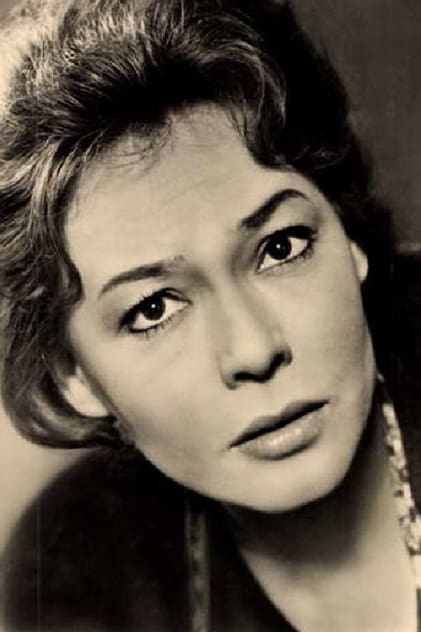
Hermina Pipinić
Ruskinja (uncredited)
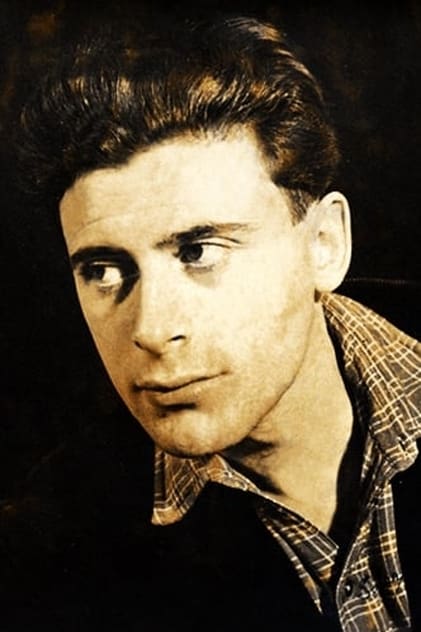
Robert Rietti
German Officer (voice) (uncredited)
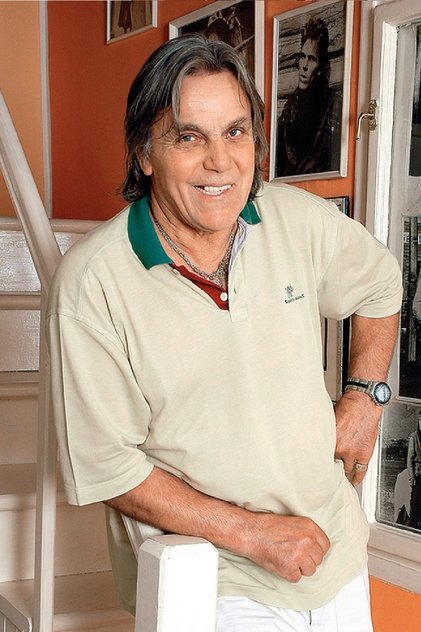
Dragomir Stanojević
Corporal Joseph Keppler (uncredited)

Slavko Štimac
Michail (uncredited)
Crew
Director
Sam Peckinpah
Novel
Willi Heinrich
Screenplay
Julius J. Epstein
Screenplay
James Hamilton
Screenplay
Walter Kelley
Reviews
John Chard
April 26, 2020
9
War is Peckinpah's survival hell.
Out on the Eastern Front 1943, battered by the war itself, a war they are losing, a platoon of German soldiers must also cope with a new aristocratic commander who deeply covets the Cross Of Iron, Germany's highest medal of honour.
Universally hated and panned by the critics upon release, Cross Of Iron now stands up as one of director Sam Peckinpah's finest works. On first glance it would seem to have been a strange film (genre) for Peckinpah to tackle, but scratch away at the scabs left by Peckinpah's trademark violence, and you see underneath that it sits comfortably with his character driven Western fables.
Adapting from the much lauded novel by Willi Heinrich, Peckinpah is bleakly telling of men in combat, men who are not here for heroics, they are merely trying to survive, the realities of war draining their last bit of strength by the day. Then it's at the mid point when you realise that Peckinpah (possibly chuckling away into his stein of beer) has neatly led us into sympathy for the enemy of the good old war film, the German soldier. All cloaked by death dealer Peckinpah himself, with slow-mo blood baths and poetic like harshness emphasising the story unfolding. Men, true to the director's form, are defined by what they do above all else, regardless of the consequences. Men perfectly portrayed by James Coburn (never better) as Feldwebel Rolf Steiner and Maximilian Schell as Hauptmann Stransky, giving us men from different spectrum's who have differing ideals in life.
Also evident is a classic Peckinpah theme of establishment superiors trying to stamp down on the "real" men, the irony of such being that this was yet another Peckinpah film beset with interference outside of his control. Cut and tampered with, it's only now that we can see Pekinpah's actual uncut version of the film - so accept nothing that runs under 130 minutes on Home Formats. From the opening montage of WWII footage, played out as German children sing a haunting little ditty, to the climatic, almost surreal finale as Coburn maniacally laughs into the end credits (be sure to watch these to the end for Bertolt Brecht's bitter quote closure), this is no ordinary war film. It's all shot expertly by cinematographer John Coquillon. So with the ugly themes of moral corruption and the shattering of youthful innocence, this is one unpleasant, even insane picture. In short, Cross Of Iron "is", as Orson Welles was known to say, one of the greatest anti-war films ever made. 9/10
Media
Status:
Released
Original Language:
English
Budget:
$6,000,000.00
Revenue:
$1,509,000.00
Keywords
Recommendations
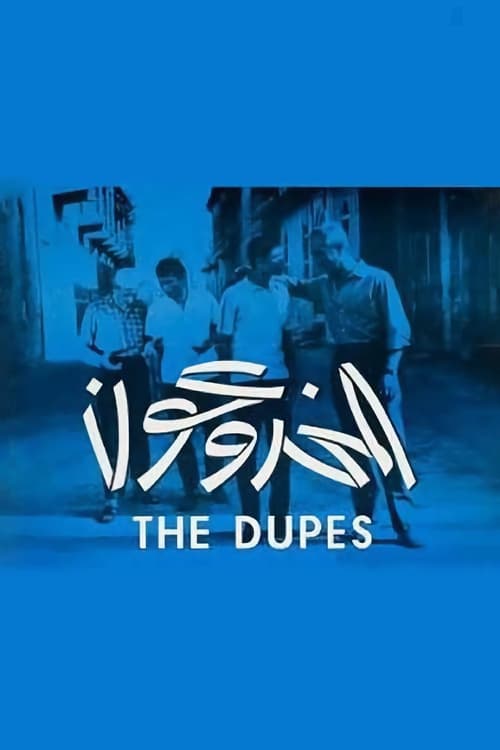
The Dupes

Alien Addiction
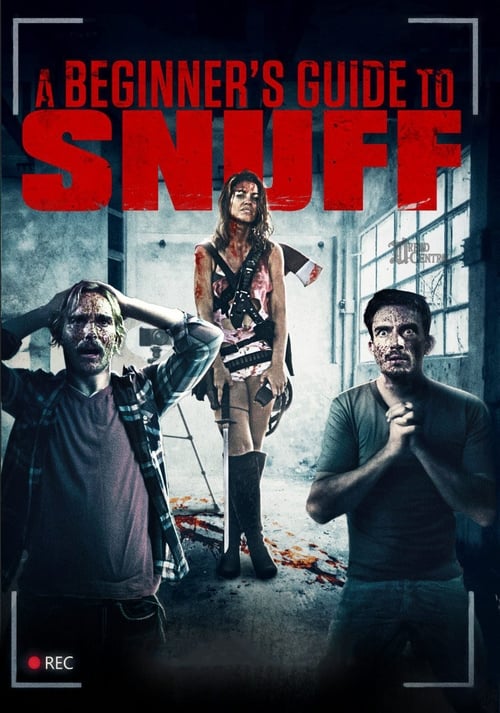
A Beginner's Guide to Snuff
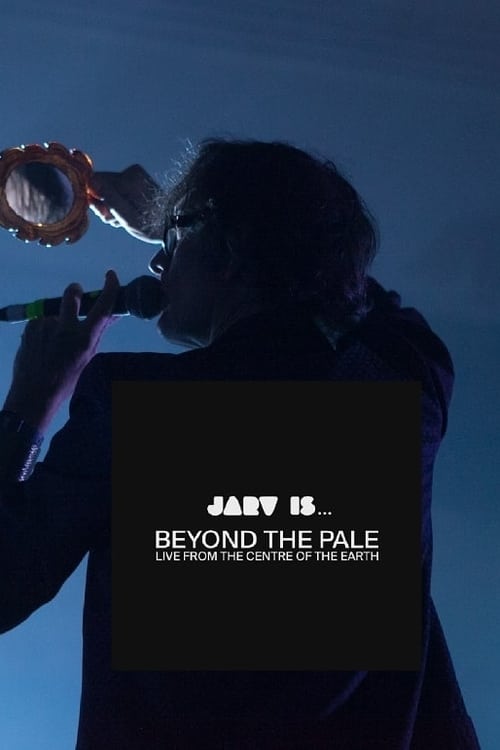
JARV IS... Beyond the Pale - Live From The Centre of The Earth
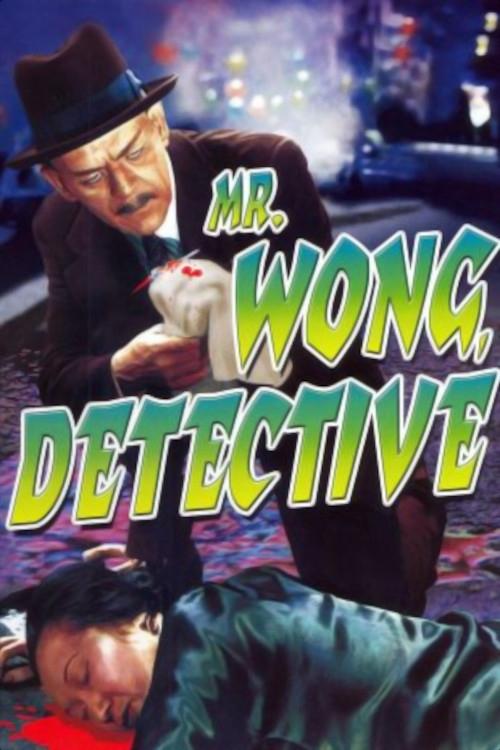
Mr. Wong, Detective

RahXephon: Pluralitas Concentio
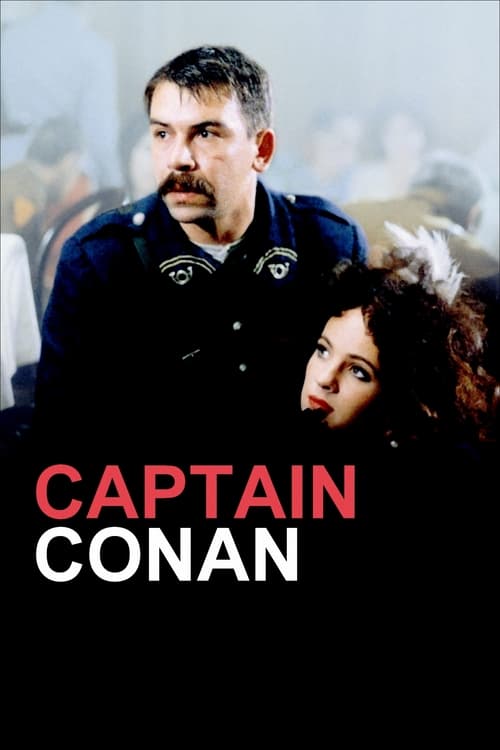
Captain Conan

The Bodin’s Investigate in Corsica

Mrs. Miniver

Sugar
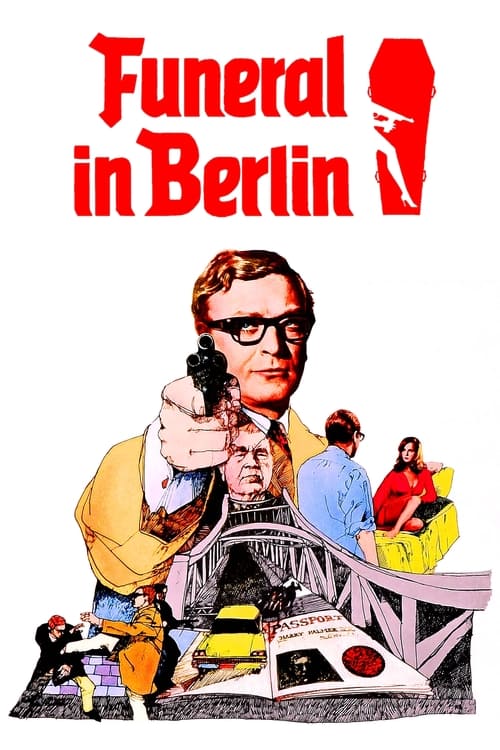
Funeral in Berlin
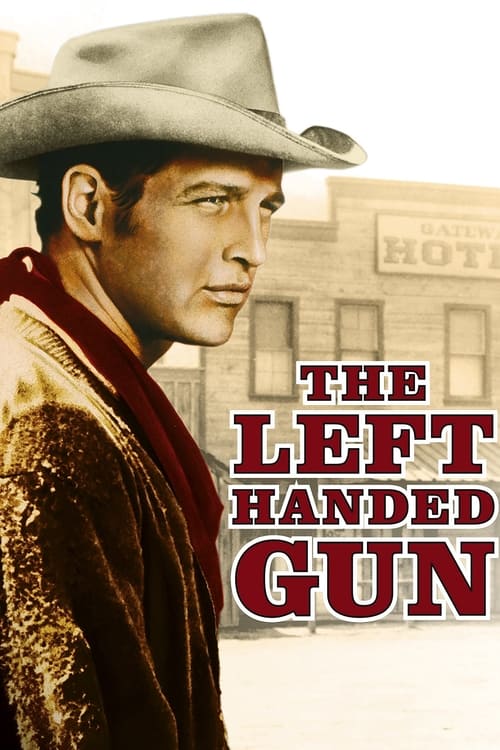
The Left Handed Gun
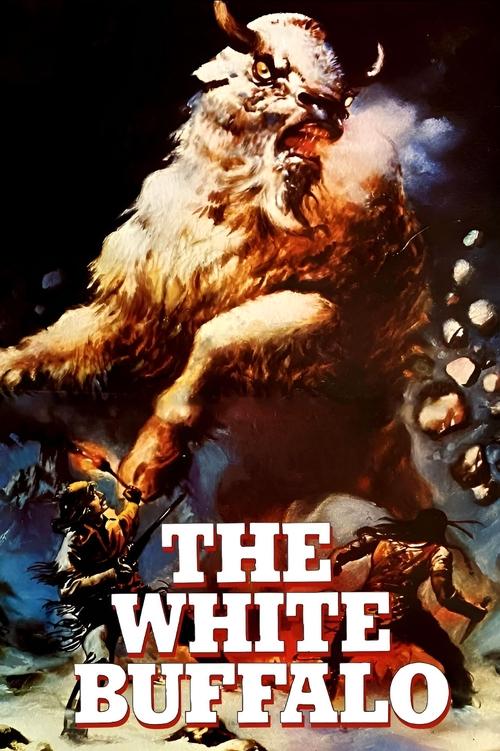
The White Buffalo
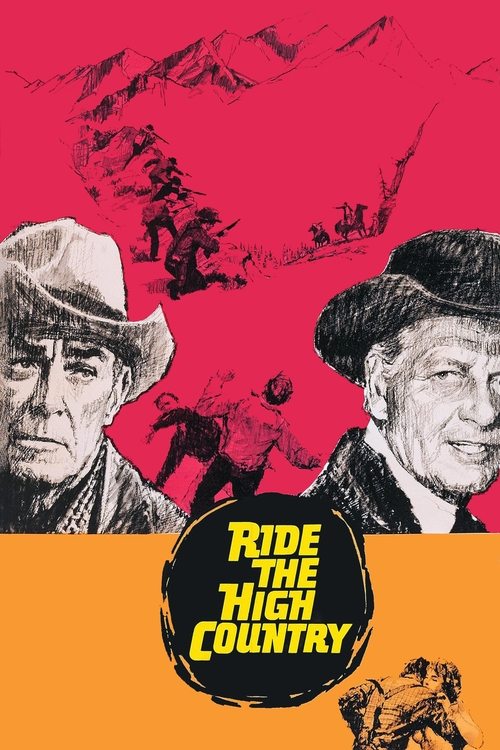
Ride the High Country
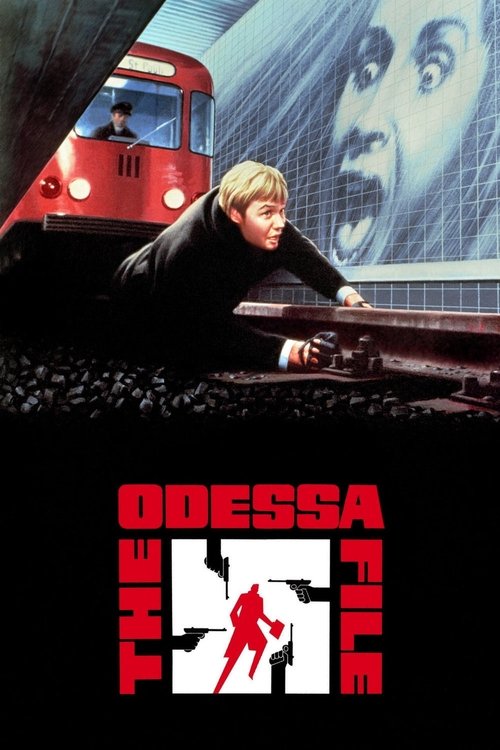
The Odessa File

The Wind and the Lion
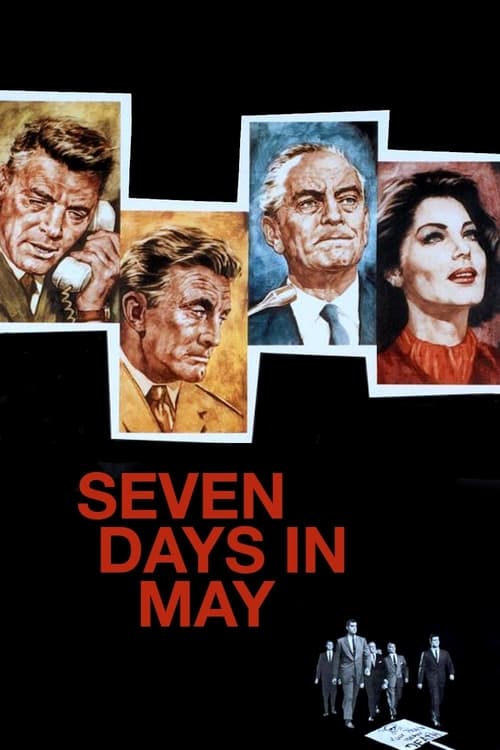
Seven Days in May
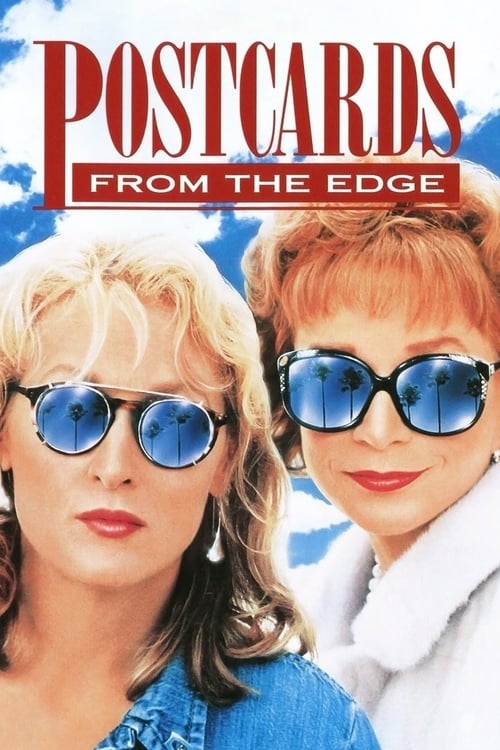
Postcards from the Edge
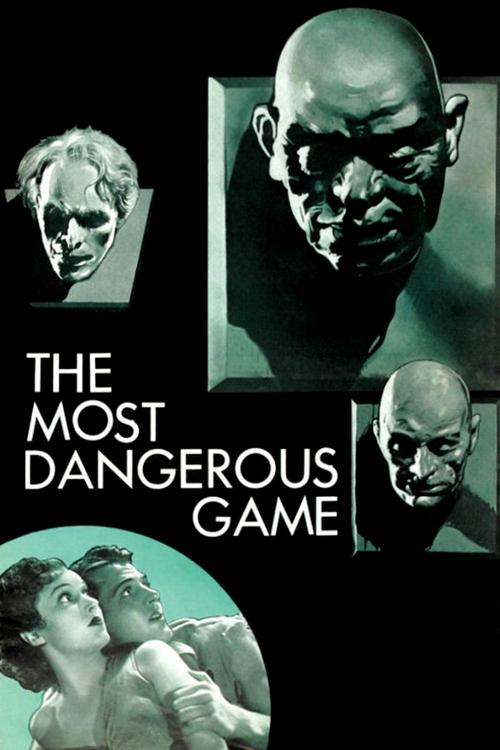
The Most Dangerous Game

